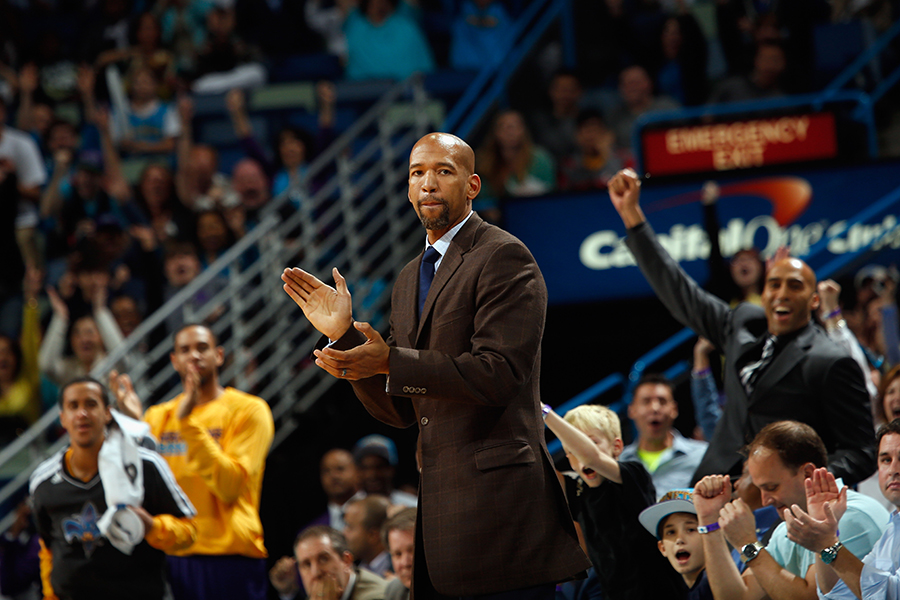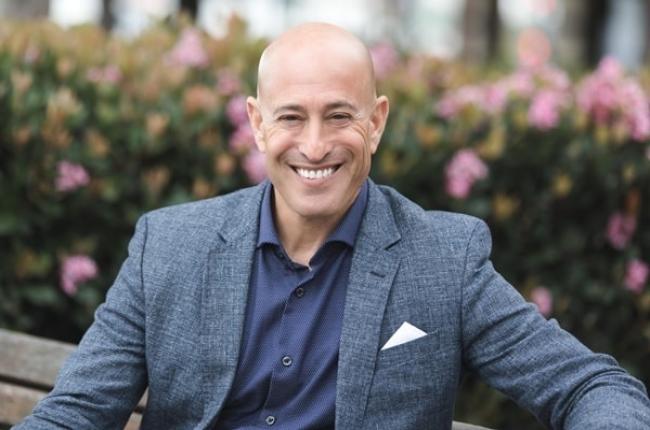The companies and businesses that survive have leaders who model the kind of resilience that makes them change proof. They are undaunted by events and so are the companies that they lead.
I often wonder why some people are more resilient than others. What particular set of circumstances makes them able to withstand the slings and arrows that life rains down upon them with dignity, humor, and grace?
The truth is, nobody knows for sure if resilience is something you are born with or something you just learn. But we know resilience when we see it. We know resilience leaders when we meet them. Take Monty Williams (pictured above), for example. You may not know that name offhand, but he’s a recent example of someone who embodies resilient leadership.
Monty Williams was a journeyman NBA player where he bounced from team to team until he landed with the San Antonio Spurs organization, who helped him transition from playing to coaching. Today, he’s the NBA head coach for the Phoenix Suns. By all accounts a wildly successful life. It was, until everything in Monty Williams’s world changed forever.
In 2016, when he was a coach with the Oklahoma City Thunder, his wife, Ingrid, mother of his five children, was killed when a woman with meth in her system and a dog in her lap crossed the median on a highway in downtown Oklahoma City, going over 90 miles an hour colliding with the Williams family van. The dog owner, Susannah Donaldson, died on impact along with her pet. The three children who were in the vehicle with Ingrid survived, but she succumbed to her injuries the next day.
In less than a week, Monty Williams was delivering the eulogy at Ingrid’s funeral in front of his five children and almost a thousand members of the NBA community. With almost superhuman control Monty spoke for just over seven minutes without referring to his notes or losing his composure. In calm measured tones, he spoke about forgiveness and about the need to move on. He was, in his own inimitable way, saying you have to love your life. No matter what. Even at his lowest moment, he was living out his resilience. In a dark and lonely valley, Monty Williams could have chosen despair. But he didn’t. He chose to be resilient.
When I think about resilience I think about people who aren’t undaunted by events but no matter what happens, they maintain some fundamental core of what makes them who they are. Like most resilient people, Monty Williams chose to be moved to grow. How did he do that? And how can we do the same thing for our organizations?
The American Psychological Association defines resilience as “the process of adapting well in the face of adversity, trauma, tragedy, threats or even significant sources of threat.”
Dennis Charney of the Icahn School of Medicine at Mount Sinai New York and Steven Southwick at the Yale School of Medicine performed an analysis of resilience by talking to people who had experienced traumatic events like war, sexual abuse, acts of terror, or natural disasters and asked them simply how they dealt with the awful things that happened to them. What they found was that some folks who had experienced tragedy eventually began to suffer from depression and post traumatic stress disorder (PTSD), others had mild symptoms of trauma that went away after a period of time, and still others had no symptoms of psychological distress or depression. Their research identified the main factors marked for resilience:
- Attention to health and good cardiovascular fitness
- Capacity to rapidly recover from stress
- A history of mastering challenges
- High coping self-efficacy—our belief in our own ability to succeed
- Disciplined focus on skill development
- Cognitive flexibility—the ability to reframe adversity in a positive light
- Positive emotion and optimism
- Loving caretakers and sturdy role models
- The ability to regulate emotions
- Strong social support
- Altruism—service
- Commitment to a valued cause or purpose
- Capacity to extract meaning from adverse situations
- Support from religion and spirituality
Based on what I’ve observed, Monty Williams likely would have some if not all the preceding markers for resilience, perhaps almost all of them.
We’re going to be unpacking each of these markers. We’ll be addressing them from a holistic perspective. That means that they’ll be applicable markers for you and your performance, but if you’re a leader it will also help you diagnose and help your teams and organizations
Resilient people are the ones who don’t just bounce back, but are able to bounce forward. It’s not just about getting back to where you were, it’s about getting further than you were. It’s about letting change change you.




































